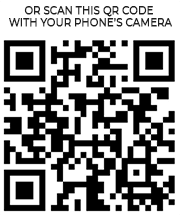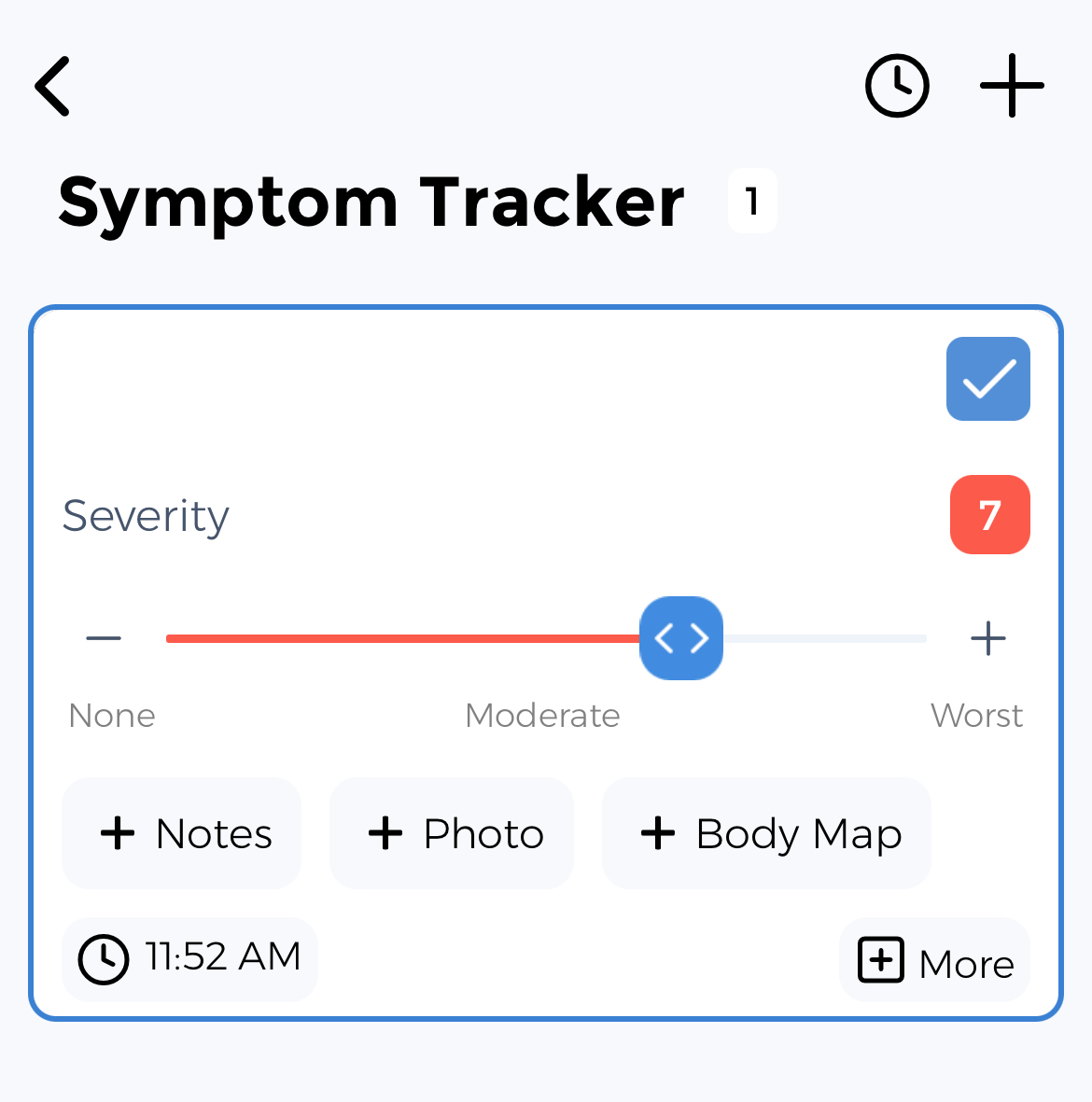Atypical Facial Pain Symptom Tracker: Your Health Assistant
Living with Atypical Facial Pain means dealing with persistent facial pain, dull aching or burning, pain unrelated to facial movements, and more. But here's the truth: Data is your most powerful tool. Every logged symptom reveals patterns—so you can take informed action.
Atypical facial pain, now often called persistent idiopathic facial pain, is characterized by constant, daily pain in the face without an identifiable cause. Tracking symptoms and triggers helps identify patterns and effective treatments.
Key Atypical Facial Pain Symptoms You Should Track
Struggling with symptoms like these? Tracking them reveals patterns, triggers, and how they impact your daily life.
Persistent facial pain
Dull aching or burning
Pain unrelated to facial movements
Pain not following nerve distribution
Depression
Anxiety
Sleep disturbances
Fatigue
Track Your Atypical Facial Pain Treatments
Tracking how these common treatments affect your symptoms can help you and your healthcare provider optimize your care plan:
Our tracker helps you monitor when you take medications and how they affect your symptoms over time.
Standardized Atypical Facial Pain Assessments
Complete these evidence-based assessments in the App to measure your severity and monitor your progress:
⚡ Knowledge Is Your Superpower
The difference between feeling overwhelmed by Atypical Facial Pain and feeling in control starts with data. When you track your symptoms, you transform uncertainty into clarity. Every data point brings you closer to understanding your unique patterns.
It's free to try for anyone—whether you're managing your own condition, supporting a child, helping an aging parent, or assisting a partner. Our tracker adapts to your specific role in the health journey.
How the CareClinic Atypical Facial Pain Symptom Tracker Adapts to Your Needs
Adults
Caregivers
Parents of Children
Young Adults
Your Complete Atypical Facial Pain Management Toolkit
Uncover Patterns & Insights
Map your Atypical Facial Pain symptoms like a detective solving a case.
Understand Your Medication's Impact
Turn guesswork into strategy. See how treatments affect your well-being with clear health insights.
Objectively Measure Your Progress
Use clinically validated tools to objectively measure your progress.
Other Tools You May Like...
Plus 2 more specialized tracking tools available
Access All Tracking ToolsAlso Supports Other Conditions Like
Trigeminal Neuralgia Tracker
Trigeminal Neuralgia warriors use our tracker to monitor sharp, stabbing, or burning pain in the face, pain in the jaw or teeth.
Migraine Tracker
Migraine warriors use our tracker to monitor pulsating pain, nausea.
Cluster Headache Tracker
Cluster Headache warriors use our tracker to monitor severe one-sided headache, eye pain.
Success Stories from Our Community
"I've tried other methods to manage my Atypical Facial Pain, but nothing gave me the insights this tracker did. I finally felt in control for the first time after years of struggle."
"Before using this app, my Atypical Facial Pain controlled my life. Now I control it. Combining data from the pain tracker with my diet tracker showed important correlations, giving me power I never thought possible."
Take Control of Your Atypical Facial Pain Journey
Transform from feeling like a passive patient to becoming an informed self-advocate. Join thousands who've discovered new insights about their condition.
Designed by people who understand the daily challenges of managing chronic conditions, we're here to support you and your ❤️ ones.
Download Your Atypical Facial Pain Tracker NowYour Data is Protected
Private & Secure
HIPAA Compliant
GDPR Compliant
Never Sell Data
Your data is yours: You get full control over who can view your information. CareClinic keeps all your data secure and encrypted.
References based on studies by:

